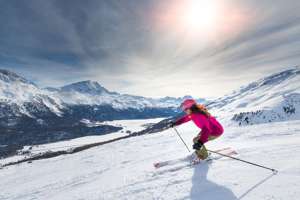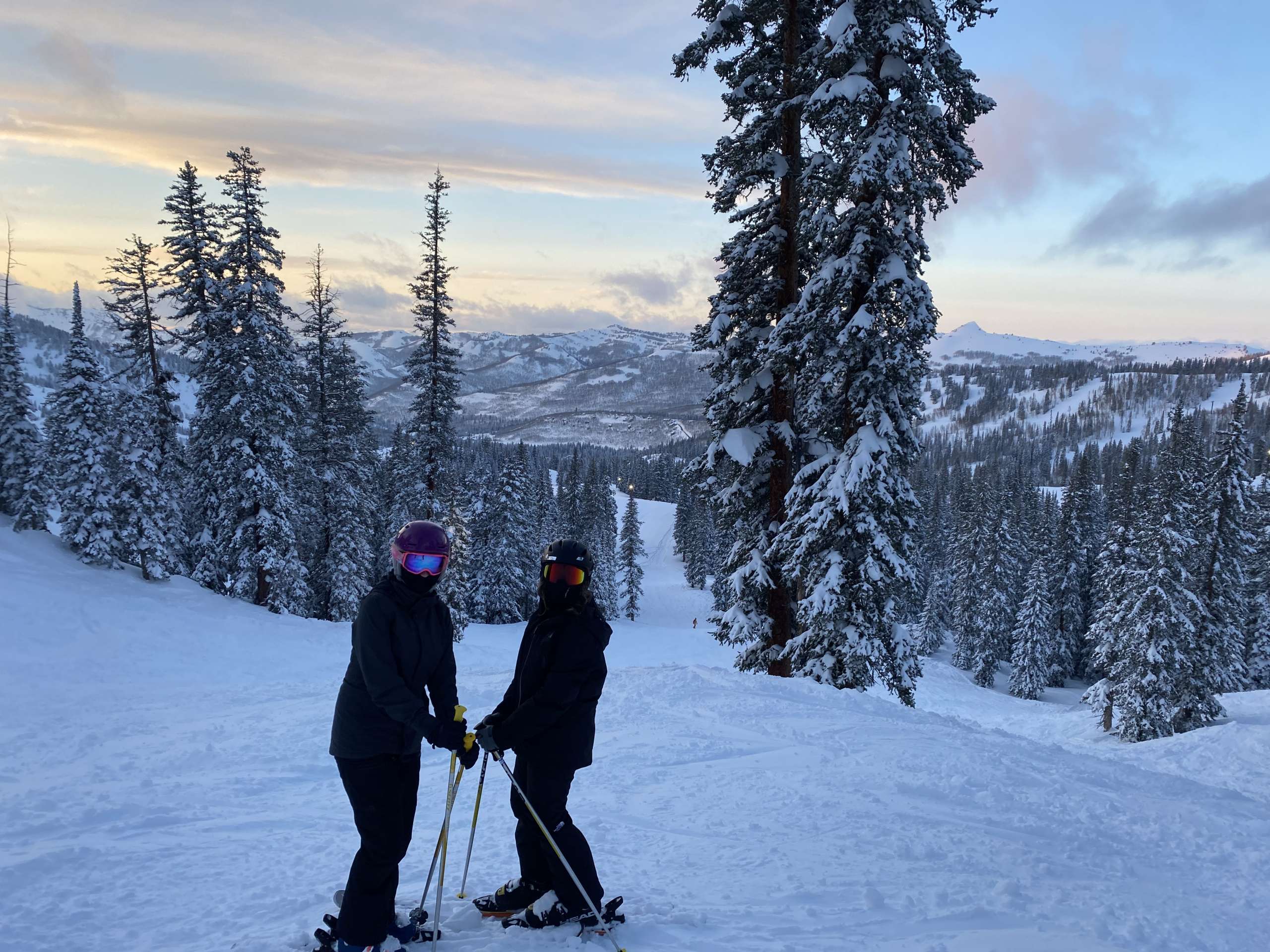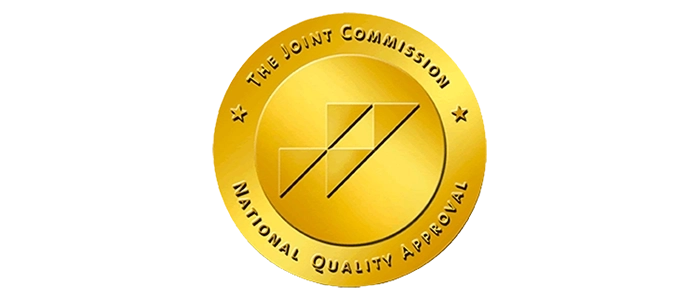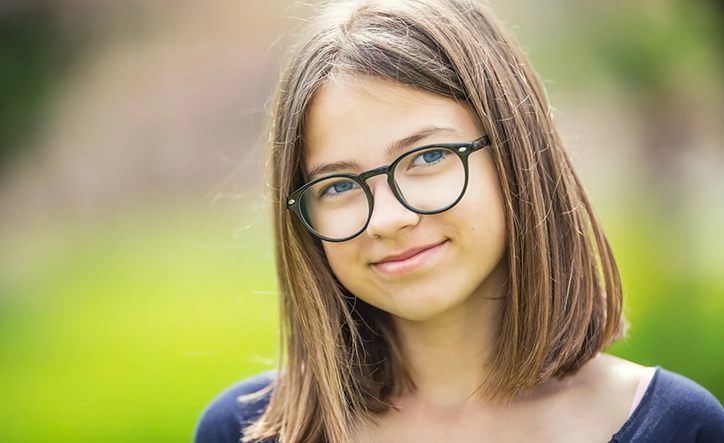At Cascade Academy we use a number of treatment models to help our students excel in meeting their goals. Students engage in traditional forms of therapy with individual counseling, family therapy sessions, psycho-educational content media and workbooks and group therapy with peers who face challenges similar in nature. Through these experiences our students are more equipped will skills to help them manage distress that they can encounter in their daily lives. A key component to therapy is that we want what we learn to be “transferable” to other aspects of our student’s lives. This transferability is most actively seen in recreation therapy.
Recreation Therapy is the process by which students engage in physical, adventure-style activities that are designed to replicate an emotional response. Through mastering and completed these activities our students experience an increase in self-efficacy. This in turn gives them a strong internal sense of courage in tackling new challenges.
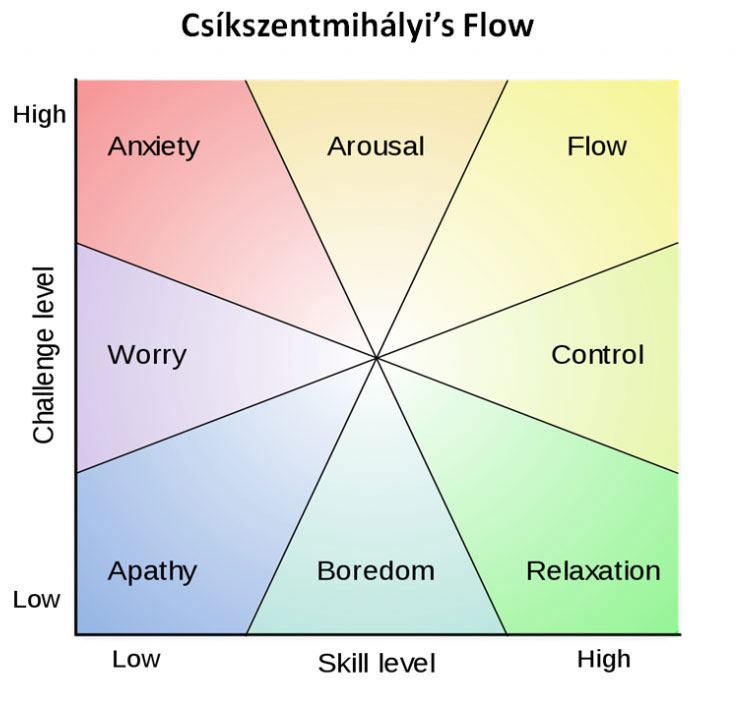 These activities are designed in mind with a concept referenced as flow theory. Simply enough, this theory is explained using two variables: Skill Level & Challenge Level. Csiksgentmihalyi explained that when the challenge level is too low and we have expert level skills, we feel relaxed being engaged in these activities. Conversely, when we have a low skill level and are facing a high challenge we are riddled with anxiety. However, when we develop a strong set of skill sets and are engaged in challenging activities we hit a desired stride affectionally referred to as “flow.”
These activities are designed in mind with a concept referenced as flow theory. Simply enough, this theory is explained using two variables: Skill Level & Challenge Level. Csiksgentmihalyi explained that when the challenge level is too low and we have expert level skills, we feel relaxed being engaged in these activities. Conversely, when we have a low skill level and are facing a high challenge we are riddled with anxiety. However, when we develop a strong set of skill sets and are engaged in challenging activities we hit a desired stride affectionally referred to as “flow.”
It is common for our students to experience worry and anxiety when beginning these new tasks. And over time through practice and hard work our students get to a state where they are able to practice success! Challenges that once caused fear are seen as new opportunities as growth.
One of our students stated the following after our recent recreation therapy adventure, downhill skiing. “As a student attending Cascade Academy, I had the incredible opportunity to enjoy an entire season of snowboarding. Before joining the Cascade community, I had never stepped foot on a snowboard/ski before. To be completely honest, it was terrifying. All of the sudden I was looking down an icy hill, my feet bound to a board, with the only way out being sliding down it sideways. Now I know that is a dramatic way to put it, but that’s how I saw it. I did not think I was going to physically walk out of the ski resort that day. My anxiety was getting the best of me. After much procrastination, I did it. And you know what? I absolutely sucked. There wasn’t a period of more than 5 seconds that I wasn’t back on the ground. I mean, unless I was already on the ground. Despite that, I kept going back and trying again. Every second I spent on the slopes I was learning and growing. Each time I went back, I gained skill and confidence. And I don’t want to glorify it, this wasn’t some easy and fully positive experience. There were so many times I wanted to unbind and just quit. I fell too many times to count but, you know what? I got up every time. Sustaining my hope was unbelievably difficult, and sometimes I couldn’t. I ended early on some really hard days. That is okay though. What matters is I kept trying. I am a student at Cascade, not Shaun White. Despite not being a snowboarding legend, I know that I succeeded. This is because I stuck with it. I do jumps now and snowboard blacks. If I was on the bunny hill, that is still a success. “Success” is not being the best. It is feeling confident and proud of oneself which can be achieved at any skill level.”
I’m very grateful for the consistent opportunity I am given to watch these amazing teens face new experiences and succeed! We feel confident that by conquering fears and stepping into the comfort zone our students are more prepared to “transfer” that mentality to new tasks challenges in their every day lives.

